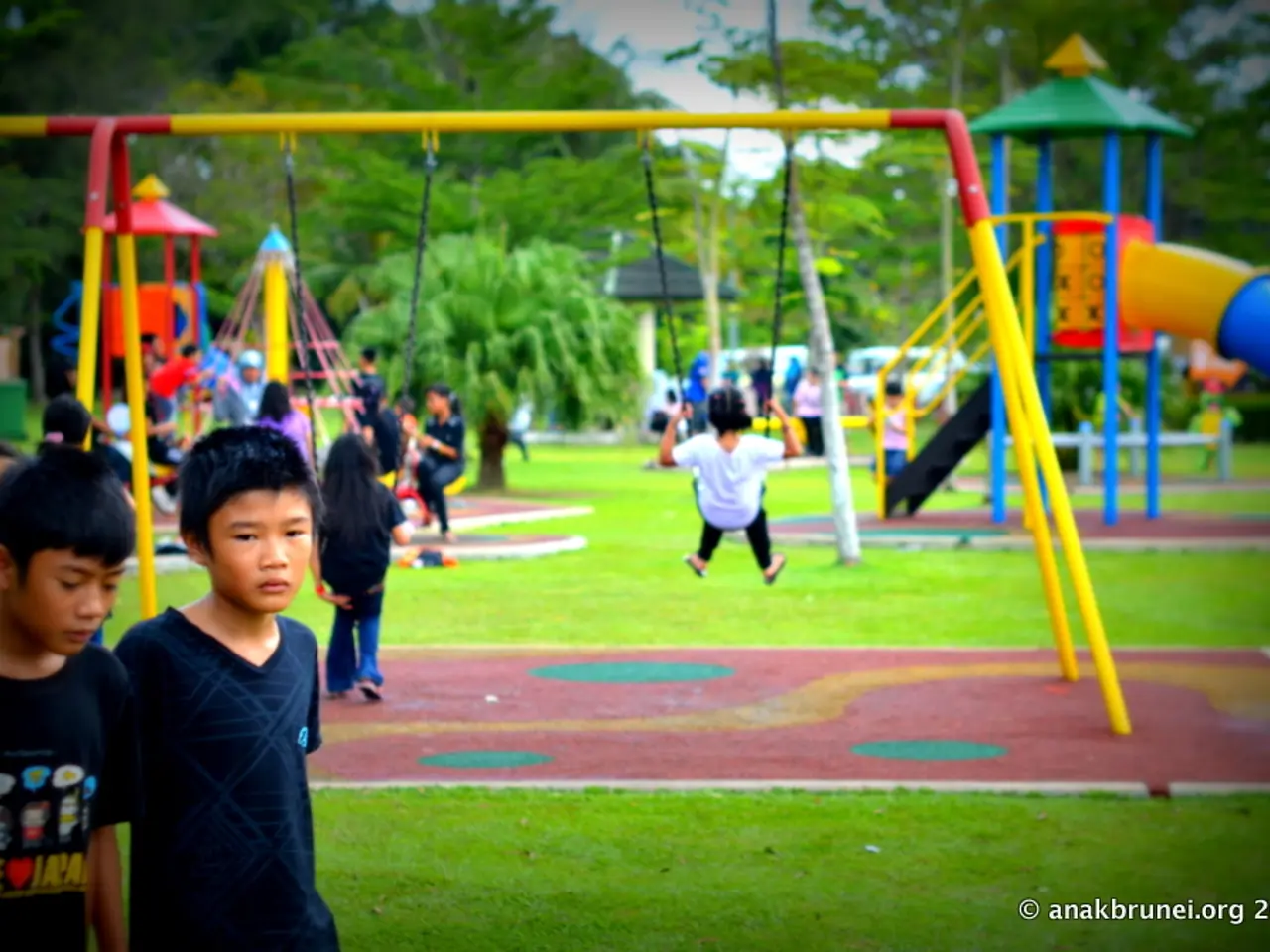The Effect of Nature on Child's Health and Happiness
In today's fast-paced world, it's more important than ever to ensure that children are given the opportunity to connect with nature. From promoting outdoor play and family outings to modelling healthy nature appreciation behaviours, parents play a crucial role in fostering a strong bond between children and the outdoors.
Nature offers unstructured settings that encourage exploration, experimentation, and self-directed learning, thereby strengthening cognitive development holistically. Green spaces provide ideal environments where children develop problem-solving abilities, concentration, and imagination through immersive natural experiences.
Research indicates that consistent exposure to natural light and fresh air significantly improves children's sleep quality and daily functioning. Spending time outdoors also reduces cortisol levels, which directly lowers stress and improves overall emotional wellbeing significantly.
The impact of nature on mental wellbeing is strongly connected with children's physical health and overall development. Outdoor play encourages healthier lifestyles, reducing obesity risks and preventing numerous related physical health concerns in childhood.
Engaging with nature encourages children to develop teamwork and strengthen social bonds effectively, fostering empathy, respect, and meaningful friendships among children. Hands-on interactions with natural elements stimulate curiosity, critical thinking, and innovation in children's daily experiences.
Teachers can design lessons outdoors, encouraging experiential learning and strengthening children's connection with nature. Schools can create outdoor classrooms, integrate nature-based learning, and provide accessible green spaces for children.
Recognising nature's value ensures children grow with balanced foundations that promote lifelong mental and physical wellbeing. The concept of "Nature-Deficit Disorder" was introduced by Richard Louv to describe the risks of limited outdoor exposure for children's behavioral and psychological development.
Policymakers can support initiatives that integrate nature into daily childhood experiences. Limiting excessive screen time helps children prioritise outdoor experiences and physical wellbeing effectively. Spending time outdoors offers therapeutic benefits, counterbalancing stressors linked with contemporary lifestyles and overwhelming schedules.
Nature acts as a powerful emotional regulator, supporting children in managing stress, anxiety, and diverse emotional challenges effectively. Spending consistent time outdoors significantly enhances children's cognitive functions, boosting memory, creativity, and attention skills.
Abigail Church, a landscape architect, has incorporated her field into her work with children and adults to promote the positive effects of nature experiences on children's mental and physical well-being. By encouraging children to engage with nature, we can help them grow into balanced, resilient, and healthy individuals.








